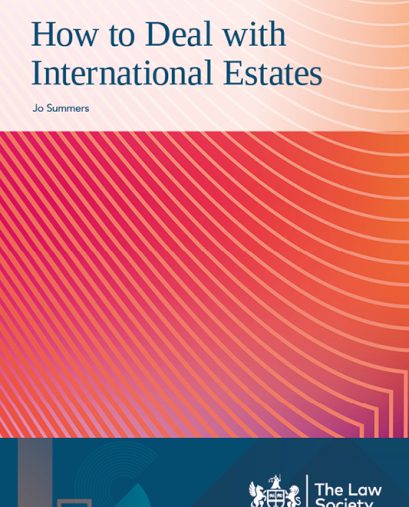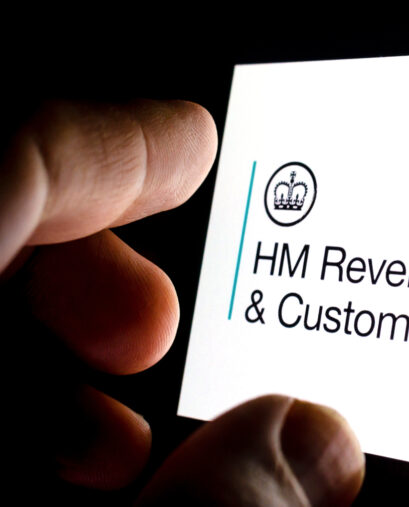Enforcement of Foreign Judgments in the UAE - A Fresh Twist
The decision last week in Sheikh Tahnoon Bin Saeed Bin Shakhboot Al Nehayan v Kent (aka Joannis Kent) [2016] EWHC 623 (QB) (21 March 2016) contains some interesting discussion on the perceived challenges faced by those seeking to enforce foreign judgments (in that case an English judgment) through the courts of the United Arab Emirates.
You can read the full decision here: http://www.bailii.org/ew/cases/EWHC/QB/2016/623.html
The decision and opinions expressed by UAE legal experts in that case on the potential difficulties of enforcement merit reading (and I would very much like to know if readers are aware of any instances where the courts of the various Emirates have enforced foreign court judgments without a re-hearing of the full facts). However, the reason for this post is not to analyse the decision or the expert opinions. I wanted simply to flag the potential, in Dubai at least, to use the Dubai International Financial Centre (DIFC) Courts as a route for enforcement.
In DNB Bank ASA v (1) Gulf Eyadah Corporation (2) Gulf Navigation Holdings PJSC [CA 007/2015] (25 February 2016) the DIFC Court of Appeal appears to be saying that the DIFC Courts can be used to enforce foreign court judgments or orders (possibly limited to monetary awards) against a judgment debtor’s assets onshore in Dubai even if the parties have no immediate connection with, or assets in, the DIFC. You can read the full decision here:http://difccourts.ae/11421-2/.
Whether the onshore courts will accept this decision without question remains open and the lack of reporting by the local courts may well mean we will never get to know the final outcome!
If you have any questions, please contact Paul.
Paul de Cordova Consultant Solicitor - Commercial +44 (0) 20 7846 2370 paul.decordova@jurit.comPlease note this paper is intended to provide general information and knowledge about legal developments and topics which may be of interest to readers. It is not a comprehensive analysis of law nor does it provide specific legal advice. Advice on the specific circumstances of a matter should be sought.









